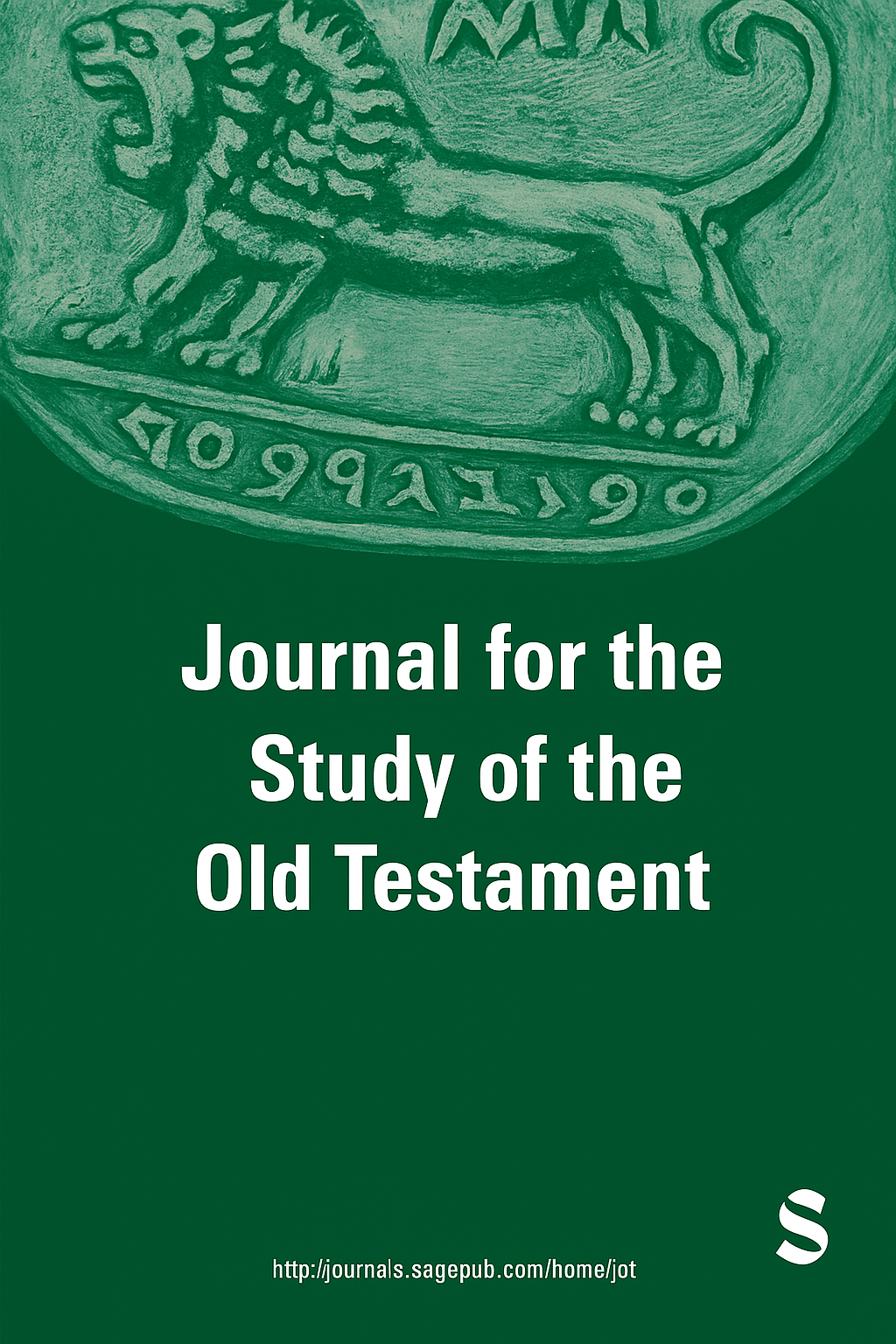https://doi.org/10.1177/03090892231201681
히브리 성서의 제의적 실천에서 개인 간구의 중심성은 거의 인식되지 않는다. 본 논문은 화목제물(זבחשלמים; 레 3장; 7:11–36)에 대한 규정과, 성서의 서사 및 시편에 제시된 개인의 간구 사이의 연관성을 제시한다. 아들을 위한 한나의 성공적인 간구(삼상 1:1–2:10)는 간구의 과정과 그 중요성을 보여준다. 솔로몬의 성전 봉헌(왕상 8장)은 그 과정을 더욱 상세히 설명하며, 개인 대 국가, 그리고 죄로 인한 위기 대 설명할 수 없는 위기에 대해 동등한 규정을 두어 일곱 가지 유형의 간구를 승인한다. 이 중에서 개인이 직면하는 설명할 수 없는 위기는 문자 그대로 가장 중심적이다. 한나의 위기가 바로 이 유형에 속한다. 개인에게 승인된 간구의 유형들은 수많은 1인칭 시편에 반영되어 있으며, 이 시편들은 또한 화목제물의 용어를 빈번하게 사용한다. 개인의 간구는, 개인의 사회적 지위 또한 협상될 수 있는 공적인 공간에서, 설득에 열려 있는 것으로 인식되는 하나님과의 지속적인 구두 상호작용을 가능하게 한다.
The centrality of individual petition in ritual practice in the Hebrew Bible is rarely recognized. This article draws connections between legislation for the well-being sacrifice (זבח שלמים; Lev. 3; 7.11–36) and individual petitions as presented in biblical narratives and psalms. Hannah’s successful petition for a son (1 Sam. 1.1–2.10) illustrates the petition process and the stakes. Solomon’s dedication of the Temple (1 Kgs. 8) further details the process and authorizes seven types of petitions with equal provision for individuals vs. the nation and for sin-based vs. inexplicable crises. Of these, inexplicable crises faced by individuals are literally the most central. Hannah’s crisis is of this type. The types authorized for individuals are reflected in numerous first-person psalms, which also make frequent use of the terminology of well-being offerings. Individual petition provides for an ongoing oral interaction with a God who is perceived as open to persuasion in a public space where an individual’s social status may also be negotiated.







